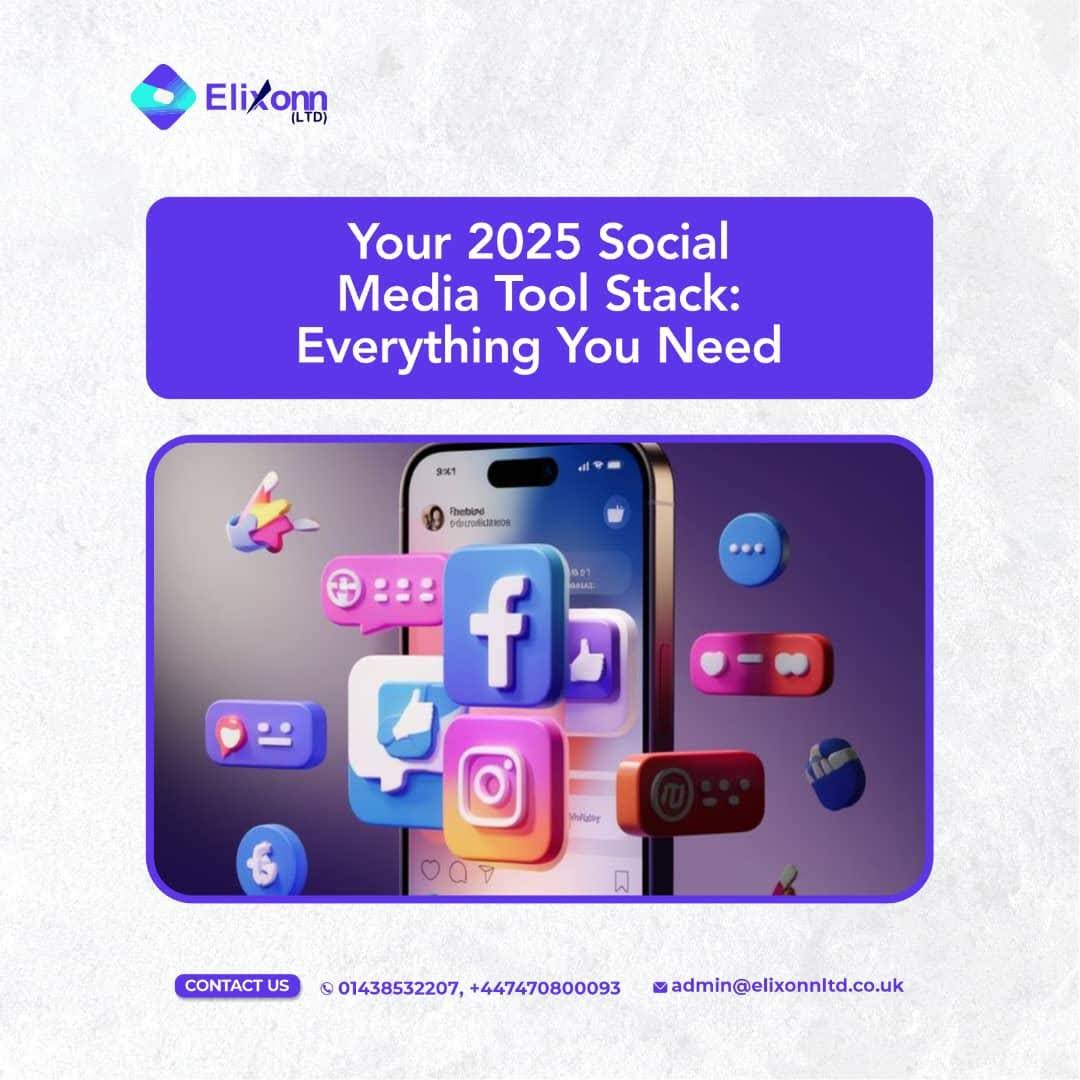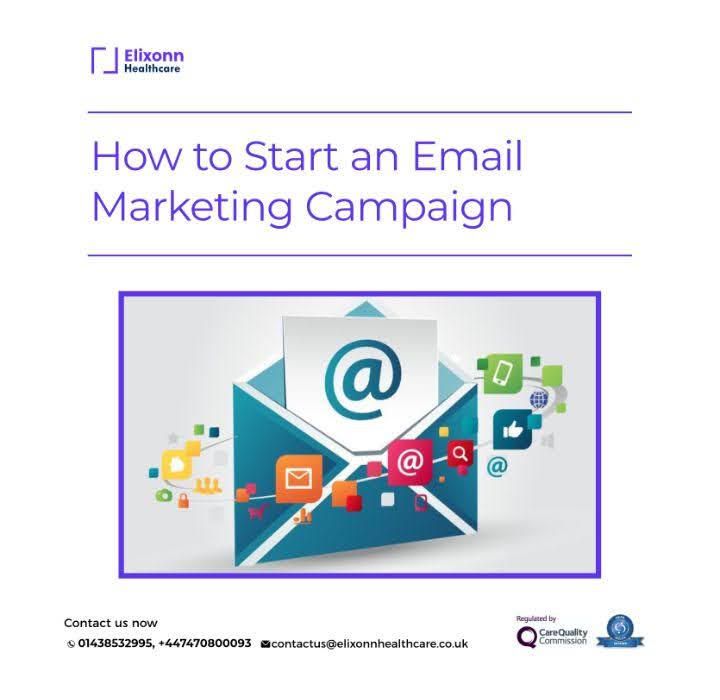The digital marketing landscape is constantly evolving. You’ve meticulously crafted a strategy, launched targeted campaigns, and are actively managing your online presence. But even the most well-intentioned efforts can be hampered by hidden pitfalls. Here are some digital marketing mistakes you might not even realize you’re making:
1. Neglecting the Power of Niche Marketing
In today’s saturated online space, casting a wide net often yields meagre results. While broad brand awareness has its place, focusing on a well-defined niche allows for targeted messaging and a deeper connection with your ideal customer. You might be missing out by failing to tailor your content and campaigns to the specific needs, interests, and pain points of a smaller, more relevant audience.
2. Underestimating the Importance of User Experience (UX)
Your website and social media platforms are your digital storefront. A clunky website with slow loading times, confusing navigation, or non-mobile responsiveness can turn potential customers away before they even explore your offerings. Prioritize creating a seamless user experience that is intuitive, visually appealing, and optimized for all devices.
3. Inconsistent Branding and Messaging
Consistency is key to building brand recognition. Inconsistencies in your visual identity, brand voice, or messaging across different platforms can create confusion and dilute your brand impact. Develop clear brand guidelines and ensure all your marketing materials, from website copy to social media posts, adhere to the established voice and tone.
4. Forgetting the Power of Organic Reach
While paid advertising has its place, relying solely on it can be a costly proposition. Organic reach, achieved through search engine optimization (SEO) and strategic content marketing, offers a sustainable and cost-effective way to attract potential customers. Invest in keyword research, create high-quality content that resonates with your audience, and optimize your website for search engines to increase organic visibility.
5. Ignoring the Value of Customer Reviews and Testimonials
Social proof is a powerful marketing tool. Positive customer reviews and testimonials build trust and credibility, influencing purchasing decisions. Encourage satisfied customers to leave reviews on your website, Google My Business listing, and social media platforms. Showcase positive testimonials strategically to leverage the power of social proof.

6. Failing to Track and Analyze Data
Data is the lifeblood of successful digital marketing. Without tracking key metrics like website traffic, engagement rates, conversion rates, and social media analytics, it’s impossible to determine what’s working and what’s not. Utilize analytics tools to measure the effectiveness of your campaigns, identify areas for improvement, and optimize your strategy for better results.
7. Not Embracing the Power of Storytelling
People connect with stories. Dry, promotional content often falls flat. Infuse your marketing with compelling narratives that showcase your brand values, resonate with your audience’s emotions, and inspire action. Use storytelling to connect with your customers on a deeper level, build brand loyalty, and make your offerings more memorable.
8. Overlooking the Importance of Building Relationships
Digital marketing is not a one-way street. It’s about building relationships with your audience. Foster engagement by responding to comments and messages promptly, participating in relevant industry discussions, and hosting interactive sessions on social media. Showcasing a human side to your brand helps build trust and fosters long-term customer relationships.
9. Not Utilizing Email Marketing Effectively
Email marketing remains a powerful tool for nurturing leads and driving conversions. However, generic, spammy emails will likely end up unread or deleted. Segment your email list, personalize your messages, and offer valuable content that resonates with your audience’s needs. Utilize email marketing automation to streamline processes and deliver targeted content at the right time.
10. Ignoring the Mobile Revolution
The majority of internet browsing now happens on mobile devices. A website that isn’t optimized for mobile viewing is a missed opportunity. Ensure your website offers a seamless user experience across all devices. Invest in responsive web design, and prioritize mobile-first content creation strategies.
Conclusion
By being mindful of these often-overlooked pitfalls, you can refine your digital marketing approach and unlock its full potential. Remember, digital marketing is an ongoing process of learning, adapting, and optimizing. Stay informed about the latest trends, embrace experimentation, and continuously evaluate your strategies for continuous improvement.







